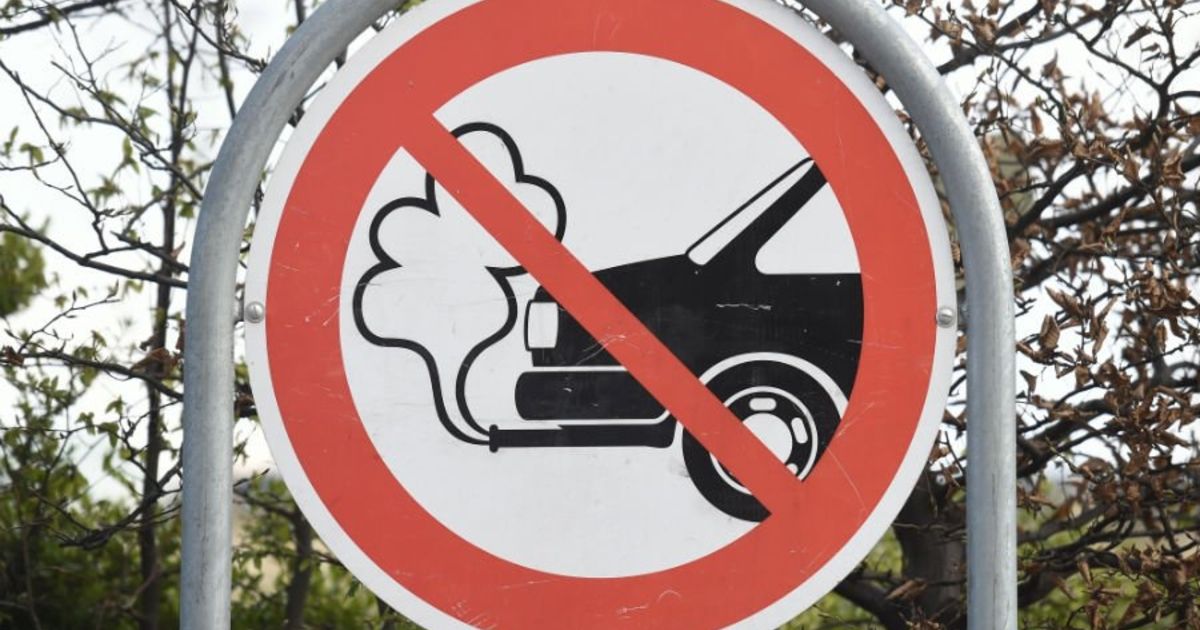
WASHINGTON — This week four federal agencies agreed to work collectively to decarbonize the transportation sector — the nation’s largest source of greenhouse gas emissions and a main cause of air pollution.
The EPA and Energy, Transportation, and Housing and Urban Development departments signed a memorandum of understanding to combine efforts to advance affordable low- and zero-emission transportation options for all Americans and support President Joe Biden’s goal of achieving net-zero emissions economy-wide by 2050.
The agencies plan to coordinate on policy while working closely with states, local communities, labor unions, the private sector and other key stakeholders. They’ve set high-level goals such as reducing air pollution, enabling an equitable transition to clean transportation, securing domestic supply chains, supporting U.S. jobs and leading the global decarbonization effort.
“A modernized transportation sector, equipped with accessible clean energy technologies, is critical for providing commuting options that are more affordable, more secure and produce less polluting,” Energy Secretary Jennifer Granholm said in a statement Friday.
The interagency commitment “exemplifies President Biden’s whole-of-government approach to bringing the benefits of a decarbonized transportation sector directly to Americans and positioning the United States to be a global leader in clean transportation manufacturing and deployment,” she added.
The agreement requires the agencies to release within 90 days a comprehensive blueprint for decarbonizing the transportation sector.
That blueprint will guide policy decisions as well as R&D and other efforts in the public and private sectors, such as increasing access to clean and affordable transportation options, modernizing the grid to meet demand from electric vehicles and reducing emissions from the entire transportation life cycle, including emissions from construction.
Biden last year set an ambitious target for battery-electric, plug-in hybrid and fuel cells to make up 50 percent of all new vehicles sold in the U.S. by 2030. He also signed an executive order to transition the federal fleet to zero-emission vehicles by 2035.